This Isn’t the Same for a List
Last week’s post was about using lists and calendars for making plans. We talked about how your planning is up to you, but if you do nothing … nothing will get done. You can have the best laid plans, but life happens.

You can choose to do no planning and just take things as they come. This haphazard process gives control of your life to others. Or you can plan with so much detail that when things do happen that aren’t part of your plans, everything falls apart. Flexible rigidity is where planning and change can work together.
Calendars and lists are two separate things with two separate purposes.
A list is a place to keep track of things so that you don’t forget them. It’s a good place to prioritize tasks. Lists can be on paper or on the computer. I prefer lists on my computer. I find it easier to modify than paper. Not to mention that I always have my tablet and phone close by. Using OneNote for lists allows me to easily move things up or down in importance as situations change. I can also check things off when they’re done.
I break big goals down into smaller, first next step things. Then I move the small, first next step things to this week’s list and then from that list to today’s list. After doing this from a variety of different lists I now have a list of things that I want to do today to stay on track.
Okay, now we have a list of things to do. If time wasn’t a factor, we could just start going down the list in order…
But time is limited.

This is where the calendar and a clock come into play.
Like lists, I can choose what I put on my calendar and when I schedule it. The difference is the limited time. I can’t be in two places doing two different things at the same time.
A lot of people view a calendar the same way they view a budget. It’s restrictive and restraining. I, on the other hand, see both as freeing. The same way a budget gives you control over your money; a calendar gives you control of your time. There is a limited amount of time, and you need to spend it wisely.
If you take care of the minutes, the hours will take care of themselves. It is a choice.
My calendar is on my computer for the same reasons that my lists are. It makes it easy to move things around and I always have it close by.
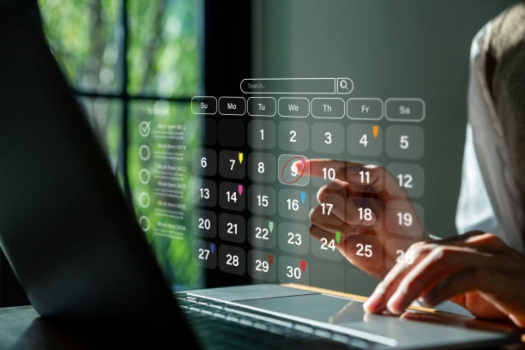
A good example of the ease and simplicity of rescheduling something on my computer calendar happened this morning. I had a meeting scheduled with a concrete contractor this morning at 11:00. The job site was 30 minutes away, so I had travel time scheduled at 10:30. I expected the meeting to take 30 minutes. So, I scheduled travel time back to the office at 11:00.
I got a text from the contractor at 9:40 AM. He was waiting on concrete to be delivered on the project he was working on. He needed to move our meeting to tomorrow at 10:00 AM.
With three simple drags and drops, the travel and meeting were rescheduled. I know that this can be done with an eraser and a pencil on a paper calendar, but it’s not as simple.
One thing I like most about a computer calendar over a paper one is the audible reminders. Granted, sometimes these can be a pest, but isn’t that the point? If we don’t want to be bothered … why even put it on a calendar or a list in the first place?
Ultimately, all of this is a choice. You have the power to control your own life.
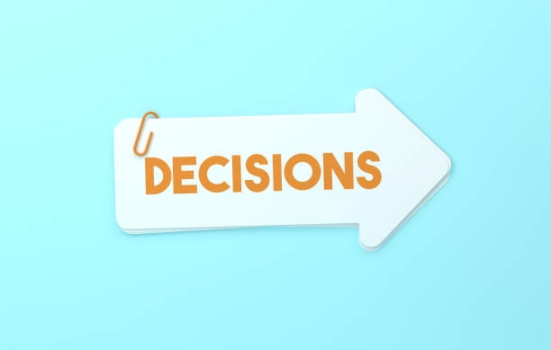
Lists and calendars are two different things that can work together. You can put as many things as you want on a list. This isn’t the same for a calendar.
You just need to figure out what works for you and do it. This comes down to being intentional and taking action. It isn’t going to be perfect, but if you keep working on it, it will get better.
If you are feeling lost with your lists and calendar and would like to talk more about how I do it you can schedule a consulting call here.

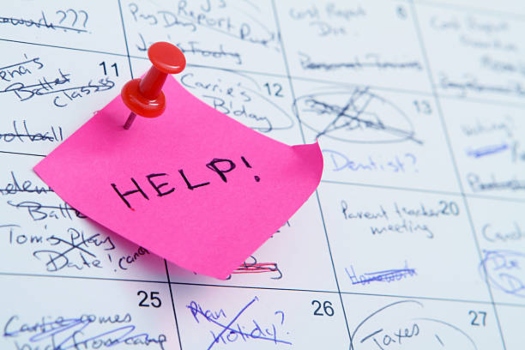
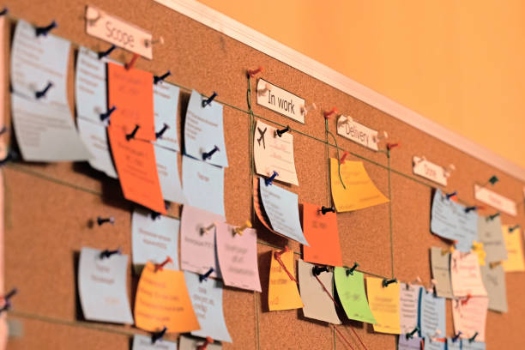
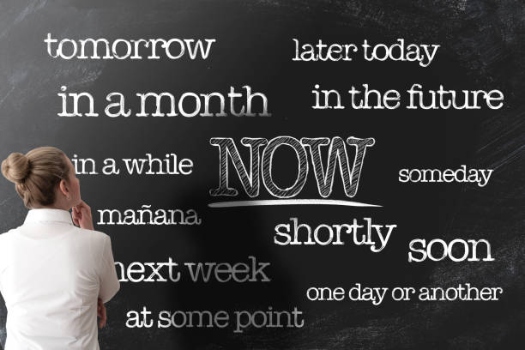

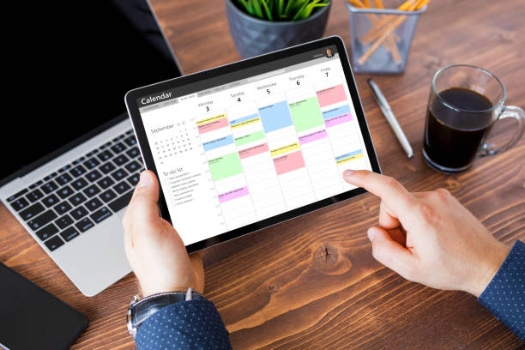
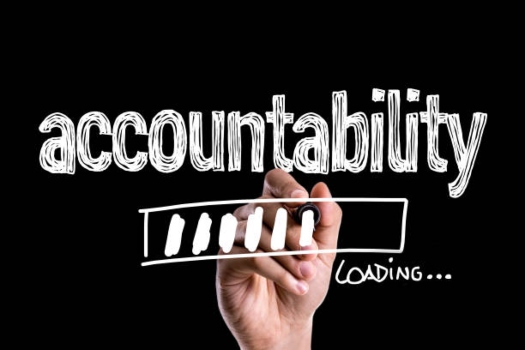

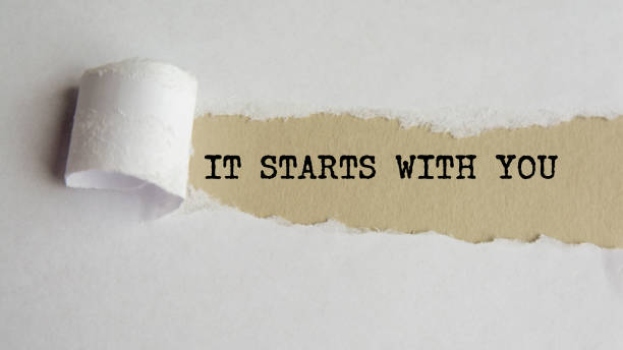






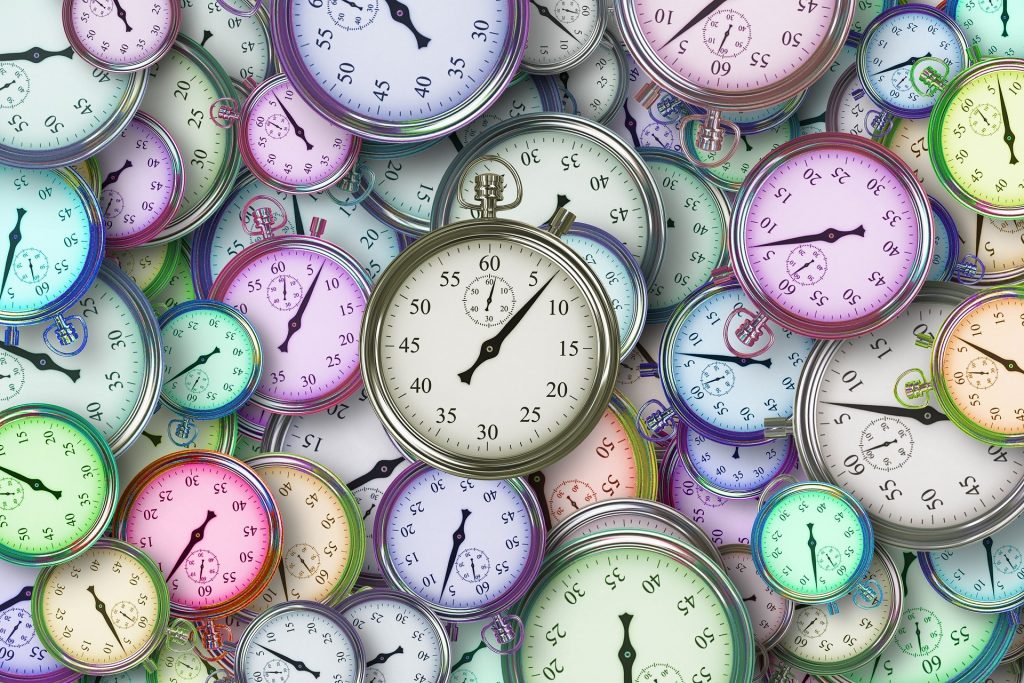

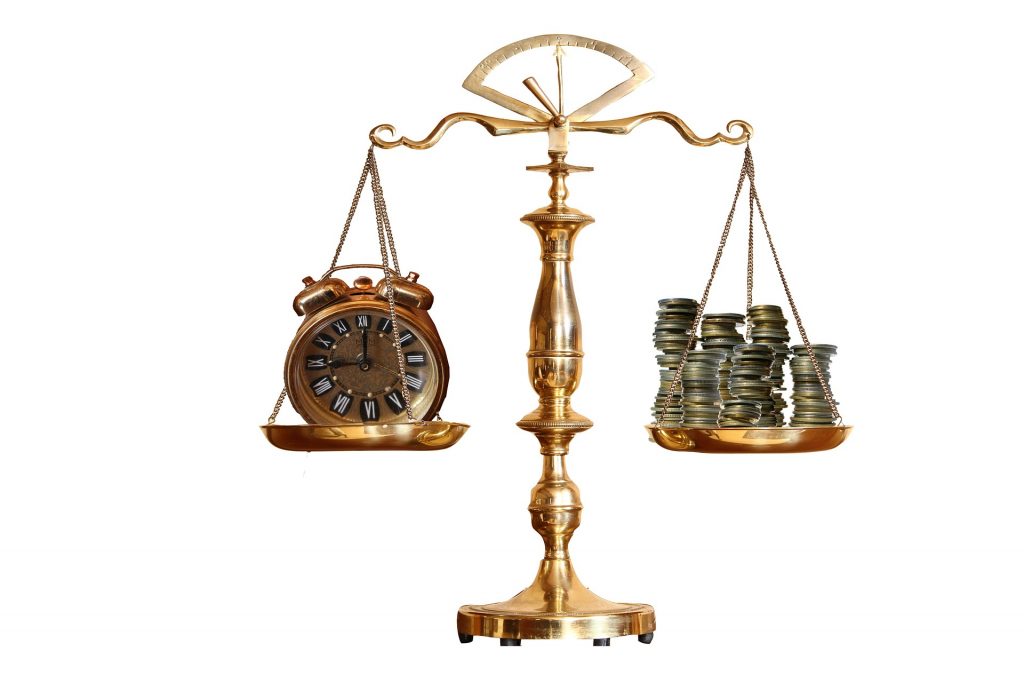
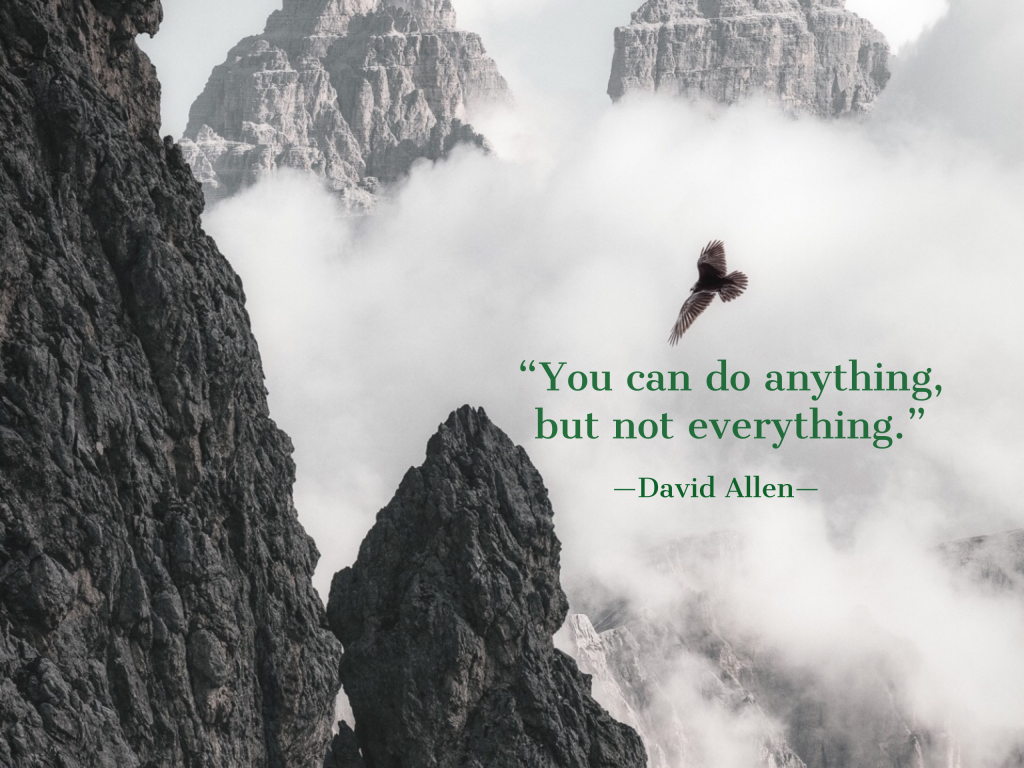
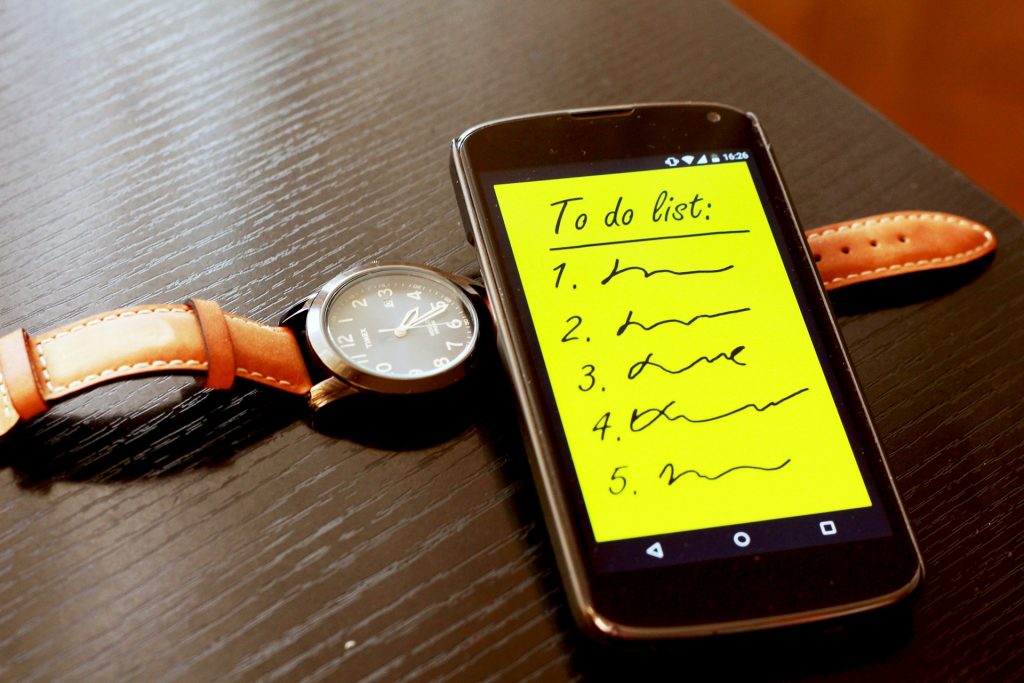







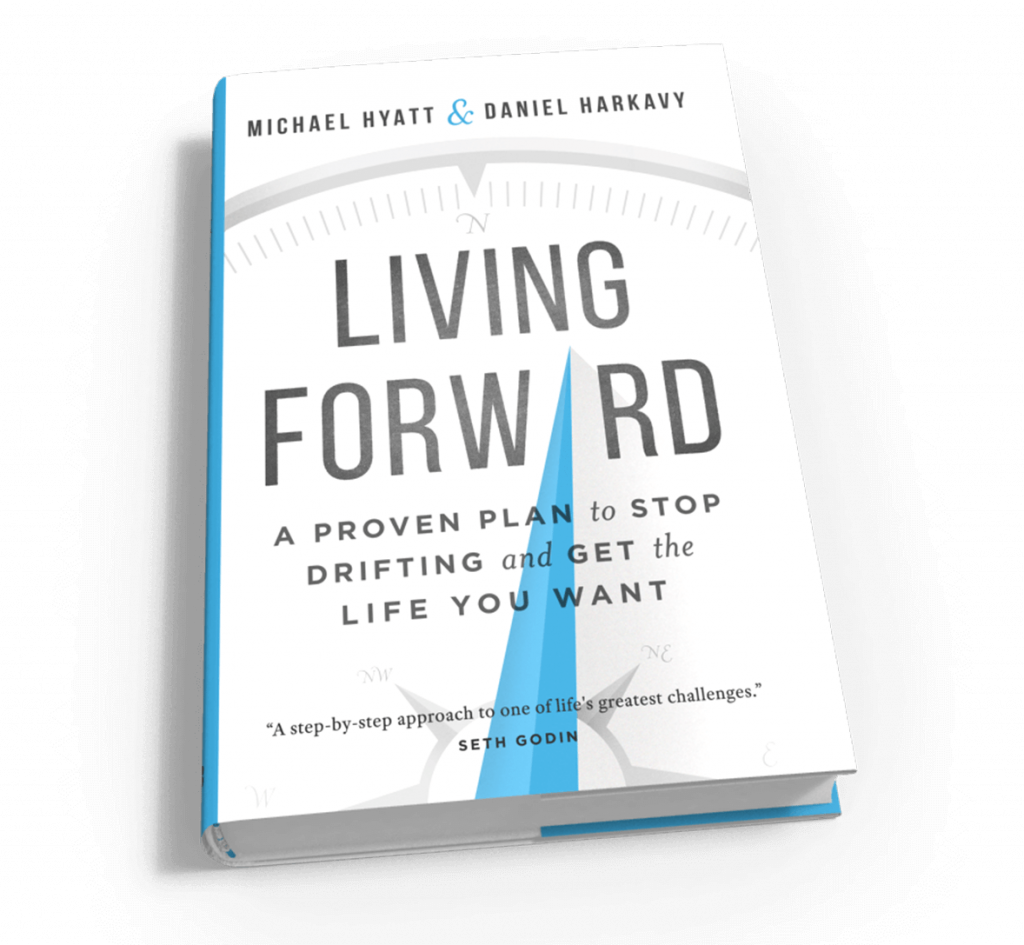
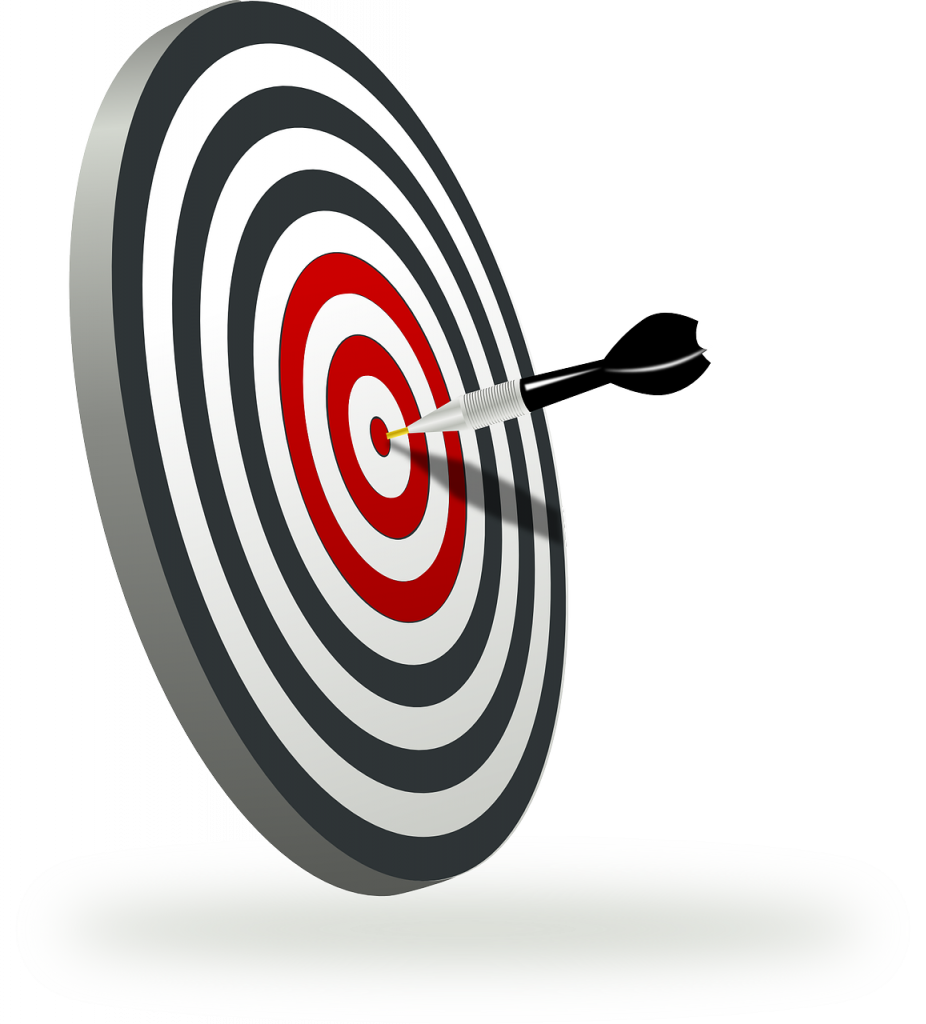




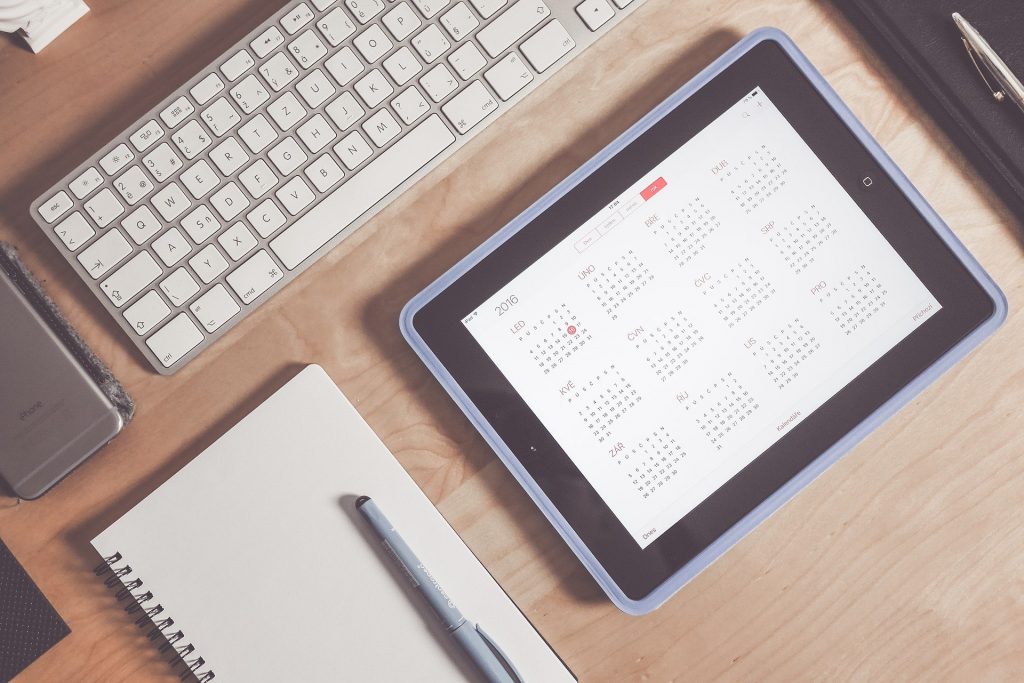

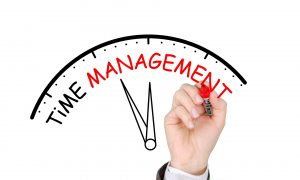 Scheduling and planning accurately are a difficult (practically impossible) thing to get right. This includes not keeping appointments with ourselves. I don’t know about you, but I’m much more intentional about being on time to a meeting with someone else…not so much when I’m meeting with me.
Scheduling and planning accurately are a difficult (practically impossible) thing to get right. This includes not keeping appointments with ourselves. I don’t know about you, but I’m much more intentional about being on time to a meeting with someone else…not so much when I’m meeting with me. Things take longer than planned – We have all experienced things taking twice as long, or more, to do than we expected. This is called the
Things take longer than planned – We have all experienced things taking twice as long, or more, to do than we expected. This is called the 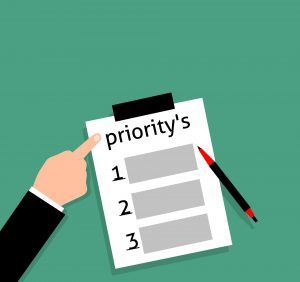 Too many things on the list – This is another common problem. Most of us have said yes to too many things. There are so many good things that we need or want to do. The more things we think about the harder it is to focus on one thing. This, like the previous point, pushes us harder to get the things on the list done, even though we know we won’t be able to do them all. Having too many things on the list leads me to the next cause for schedules to go wrong.
Too many things on the list – This is another common problem. Most of us have said yes to too many things. There are so many good things that we need or want to do. The more things we think about the harder it is to focus on one thing. This, like the previous point, pushes us harder to get the things on the list done, even though we know we won’t be able to do them all. Having too many things on the list leads me to the next cause for schedules to go wrong. Distractions and interruptions – Our busy lives are full of these, whether self-inflicted or from outside sources. In this fast-paced digital age, there has never been more opportunities to be distracted. The previous two things are more internal than this one. It doesn’t mean that we don’t have any control, it just means that it often comes from outside sources. These can play havoc on our schedules if we allow them.
Distractions and interruptions – Our busy lives are full of these, whether self-inflicted or from outside sources. In this fast-paced digital age, there has never been more opportunities to be distracted. The previous two things are more internal than this one. It doesn’t mean that we don’t have any control, it just means that it often comes from outside sources. These can play havoc on our schedules if we allow them.